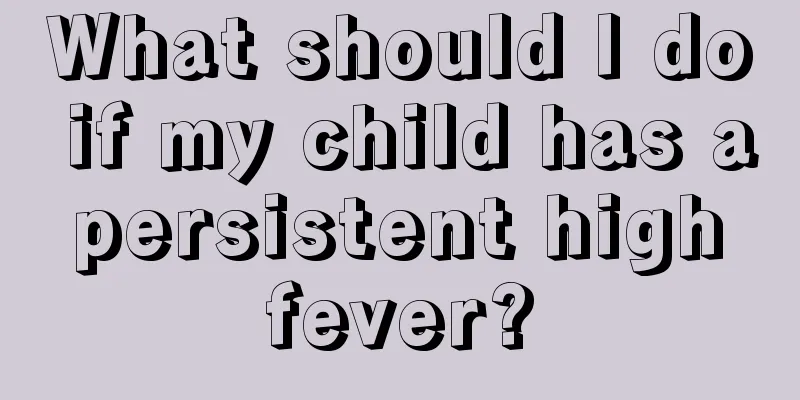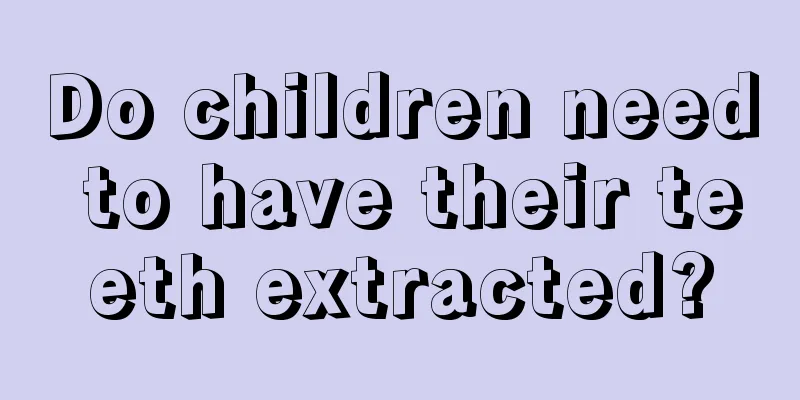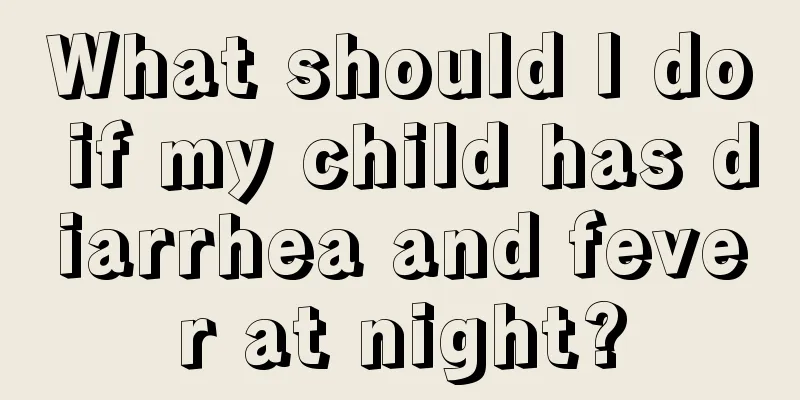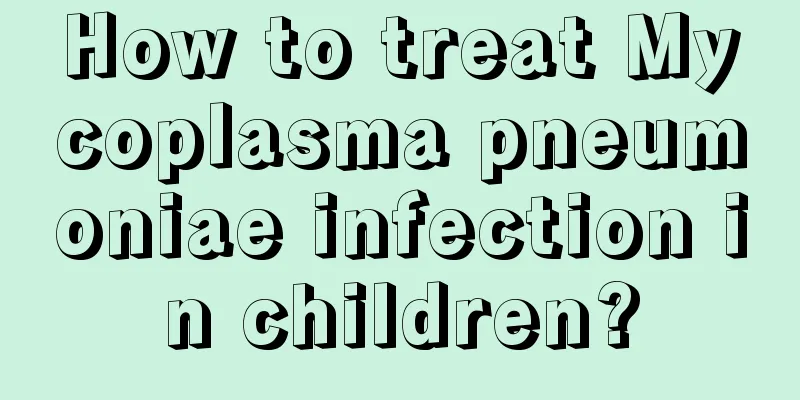What should I do if my child has a persistent high fever?

|
Parents must pay attention to children's persistent high fever, because if the fever persists, it will cause serious harm to the child, so it is necessary to analyze and understand the cause. After understanding the cause, symptomatic treatment can be given, and antibiotics should not be abused. 1. Analyze the causes of fever: Most fevers are caused by infection, and viruses are the most common, such as colds, influenza, measles, roseola infantum, epidemic costitis, etc., followed by bacterial infections, such as tonsillitis, scarlet fever, epidemic meningitis, etc. Some parasitic infections can also cause fever, such as malaria, kala-azar, etc., but they are relatively rare; non-infectious fevers include heatstroke, dehydration, leukemia, tumors, trauma or post-surgery, etc.; there are also some diseases that cause heat dissipation disorders, such as ichthyosis dermatitis and sweat gland deficiency. Of course, it is sometimes difficult to distinguish, but once the situation is clarified, it can be provided to doctors for reference. 2. Observe the type of fever: You can use the household thermometer to accurately measure the armpit temperature and keep records. A temperature below 37 degrees Celsius is considered normal, below 38 degrees is considered a low fever, 38-39 degrees is a moderate fever, and above 39 degrees is a high fever. We also need to look at how long the fever lasts and what other symptoms accompany the fever. 3. Do not abuse antibiotics: Most families have antibiotics on hand, and as soon as a child has a fever, they will immediately give him or her various antibiotics. This is inappropriate. First, most antibiotics have no effect on viruses and can suppress the body's immune function. Second, fever itself is a normal reaction of the body's disease resistance to eliminate pathogenic factors. If you use drugs to kill bacteria and viruses, it will affect the proliferation of phagocytes and the production of antibodies, affecting the enhancement of the body's disease resistance. Therefore, do not use antibiotics too early. 4. Use antipyretic drugs with caution: Antipyretic drugs are generally not needed for low-grade or moderate fever, because premature fever reduction will also affect the establishment of immune function, and drug-induced fever reduction often causes adverse reactions such as sweating and collapse. Medication should be used with caution when the fever is high, and the minimum dose that can reduce the temperature should be controlled. Do not take it continuously. Be especially cautious with children under six months old. 5. Promote physical cooling: Physical cooling is much safer than drug and chemical cooling. You can apply a cool towel to the forehead, or put an ice pack on the head and neck, or use alcohol to wipe the child's head, chest, limbs, and palms. If there is no alcohol, 54° white wine can be used instead, which can also achieve the effect of dissipating heat and reducing temperature. |
<<: What food is good for children with colds and fever? These seven are very effective
>>: What to do if your child has dry cough
Recommend
Four key points for reading fairy tales with children
When reading fairy tales to children in a literar...
Can children eat fish when they have a cough?
When children are coughing, try not to feed them ...
What are the symptoms of gastroenteritis in children?
We all know that children's stomachs are very...
What can’t babies eat while breastfeeding? Parents need to understand this knowledge
During the period of breastfeeding, for the healt...
How to correct children's picky eating?
Children with picky eating habits can eat a lot o...
What happens when a child has a fever and convulsions?
The physical condition of many children is someth...
What are the symptoms of decreased vision in children?
If a child has a decline in vision, parents must ...
What to do if children have tonsillitis
For children, their physical fitness is not as go...
What to do if your child refuses to use eye drops
I believe many people know about eye drops. This ...
How to prevent baby indigestion
In weather like summer, the body is easily invade...
How old can babies get pneumonia vaccines?
Pneumonia is a serious disease that threatens the...
How tall is a five year old child?
The growth of children is the most concerned issu...
What should I do if my seven-year-old child has diarrhea?
Children's stomachs are generally fragile. If...
What is the best food for children to replenish qi and blood?
Not only adult men and women suffer from insuffic...
Why are the newborn's hands and feet cold?
When a baby is just born, his hands and feet are ...









